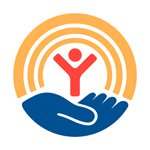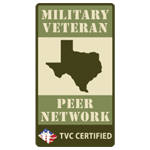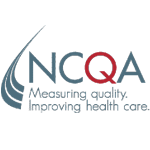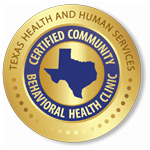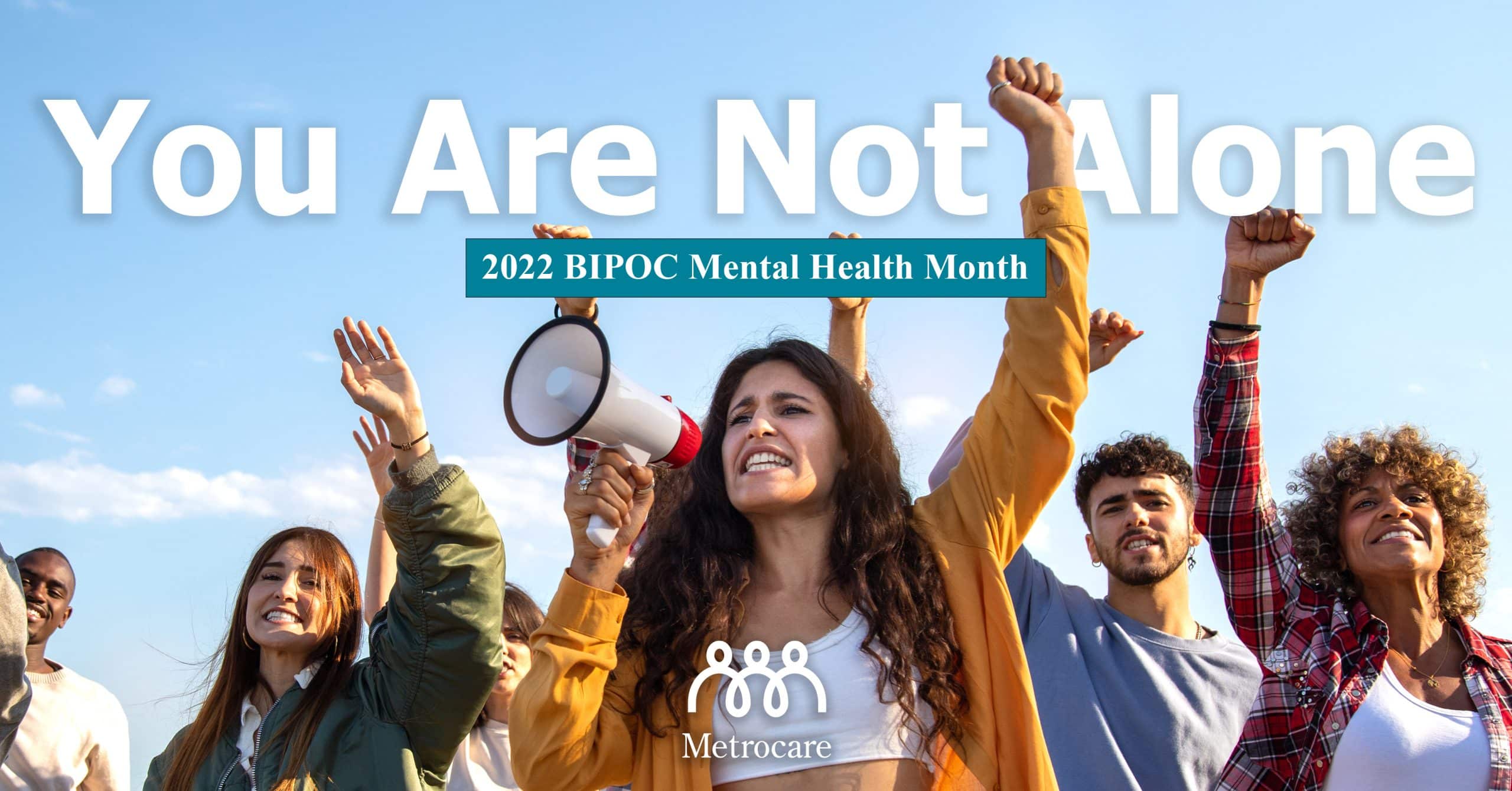
July is National Minority Mental Health Awareness month. Thankfully, issues of mental health are receiving more attention. Society is slowly accepting mental health is just another way of saying physical health. These signs offer hope that the stigma of mental illness can decrease. Yet, due to societal issues of inequity, some people groups require special attention to effectively communicate the message.
Author and journalist, Bebe Moore Campbell, recognized the need for more awareness. She used her platform to advocate for and establish July as the National Minority Mental Health Awareness Month. She said, “People of color, particularly African Americans, feel the stigma more keenly. In a race-conscious society, some don’t want to be perceived as having yet another deficit.” Ms. Ifetayo Smalls serves as Metrocare’s Clinic Manager at the Skillman location. She agrees with Campbell’s sentiment highlighting the increased stigma that comes along with being part of a marginalized people group.
Ms. Smalls counts herself a member of the BIPOC community (Black and Indigenous People of Color). However, as a social services advocate and PhD candidate in psychology, she points out that the BIPOC community is not a monolith. In particular, the clients she and her team serve embody a myriad of experiences, religious beliefs, sexual orientations, and socio-economic statuses. She explains how reaching out for help can be difficult, “some people understand mental health issues through the lens of fear of stigma, shame, and stereotypes.” She says, “It can be seen as a personal or a family issue, rather than a general health issue. It’s private.”
For many BIPOC, distrust is a common barrier. These misgivings have been earned over decades of institutions and businesses trying to enter minority communities without cultural humility or simply taking the time to build emotional connection. By ignoring an economy of trust, they sow seeds of disconnection and ineffective outreach. Ms. Smalls strives to break down that barrier by being honest and curious. Though she has served in the area for years, she admits “I’m a visitor in this community.” This attitude is an example of trauma-informed care. Trauma-informed care embraces collaboration, transparency, safety, and as demonstrated by Ms. Smalls’ statement, humility.
Ms. Smalls’ ultimate goal is to cultivate mutual respect with clients and their families – an attitude they infrequently receive from people in positions of authority. “This approach at the Skillman Clinic,” she proudly observes, “has fostered a sense of community and trust that has decreased the stigma and the mistrust of the mental health profession.” This perspective of trauma-informed care creates opportunities for patients to have more open relationships with their healthcare providers and improve long-term health outcomes.
Building a sense of community among the people the clinic serves is one thing, but Ms. Smalls also recognizes the need to build a similar culture within the staff. In other words, as a clinical team they find ways to “eat what they cook.” How can they lead by example in contributing to a psychologically safe work environment? For instance, employees call her office a “multi-purpose” room. It’s not merely a room to do work. It’s a safe space where staff of all backgrounds can laugh, cry, meditate, and practice self-care. This not only creates a healthy staff atmosphere, but it also subsequently impacts the experience of those seeking services. Employees who feel safe beget clients who feel safe. “It’s scary to tell a stranger ‘I’m having thoughts of hurting myself,’” she explains. “We have to gain their trust.”
National Minority Mental Health Awareness month is an opportunity to recognize the unique challenges BIPOC face. It’s hard enough to navigate prejudice or systems of inequity, but imagine throwing a bi-polar disorder or suicidal ideation on top of that? It’s a challenge worthy of everyone’s compassion. Mental health is physical health. Or, as Ms. Smalls says with conviction, “we recognize our differences and we connect with our similarities. At the end of the day, we are all human.”
Stay connected
Sign up for our newsletter



